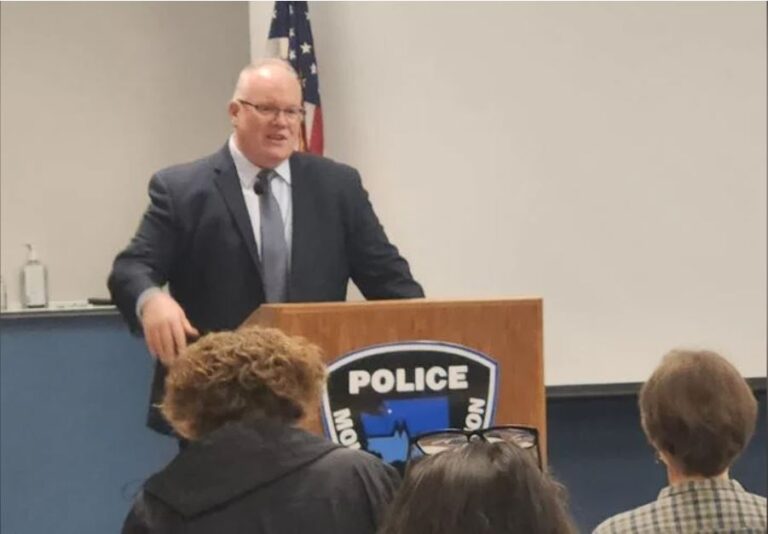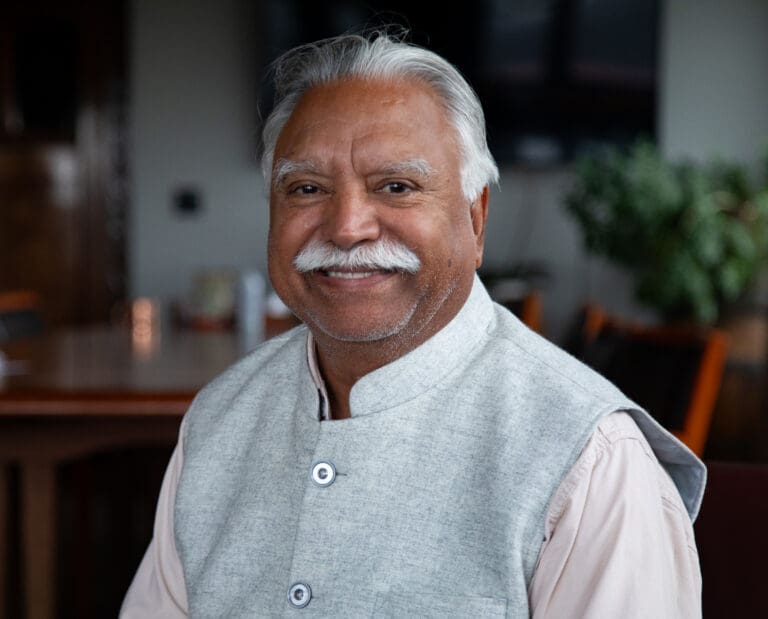Local city and county governments in Washington have received more than $55 million in March as part of the latest payments from Attorney General Bob Ferguson’s litigation against companies that fueled the opioid crisis.
Nearly $12 million will end up in Whatcom County, with the county government receiving more than $6.6 million. The rest is divided among Bellingham, Ferndale and Lynden, with Bellingham getting more than $4.4 million.
To date, Bellingham has received about $380,000, according to Bellingham Mayor Kim Lund.
The money arrived within a month of Lund signing an executive order to fight the fentanyl crisis by beefing up police patrols and establishing a first-responder office downtown. The city’s move followed Whatcom County calling on Gov. Jay Inslee and President Joe Biden to declare a state emergency to address the opioid and fentanyl crisis.
“Communities on the frontlines of the opioid and fentanyl epidemic have an urgent need for resources,” Ferguson stated in a Wednesday, March 20, news release. “This money will improve treatment options, support first responders and invest in other proven strategies to combat the epidemic.”
Money received by local governments this month is half of the about $110 million payment made to the state in March. The other half went to the Legislature to fund additional opioid remediation efforts.
A total of nearly $500 million won through the attorney general’s litigation is destined for local governments in Washington, not including funds won in a settlement with Purdue Pharma in 2022.
The money is required to be used to combat the opioid epidemic, according to the attorney general’s office.
“We anticipate using ours to increase the city’s capacity to address the opioid crisis and related community needs,” Lund said. “As a city entity, we don’t have a health department and this funding will help us better address increasing needs for substance use prevention, treatment and other strategies.”
Whatcom County staff is in the process of creating a spending plan for the funds it will receive this year, with the expectation of allocating funds starting in the next few months, explained health department Communications Specialist Marie Duckworth.
“This has been a multi-year process for Whatcom County Health and Community Services in identifying needs and areas where capacity can be increased when we receive settlement funding,” Duckworth said.
“Our opioid response staff have held listening sessions with community stakeholders working in prevention, intervention, treatment and aftercare to determine where these settlement funds can have the most impact,” she continued.
The funds are from resolutions with opioid distributors AmerisourceBergen, Cardinal Health and McKesson, and opioid manufacturers Allergan and Teva, as well as national pharmacy chains CVS, Walgreens and Walmart, according to the release.
The bulk of the funds released in March are from a one-time payment from Walmart.
Duckworth noted that while some of the settlements will be paid to local governments in lump sums this year, other settlement payments will be made during the next 18 years.
More than $1.2 billion for Washington
The state attorney general’s office has recovered more than $1.2 billion for Washington to address the fentanyl and opioid crisis.
In January, opioid manufacturer and raw material supplier Johnson & Johnson agreed to pay a lump sum of $149.5 million to the state to avoid a trial for its role in the opioid epidemic. Washington is one of three states receiving more than they would have under the 2021 multistate settlement.
Bellingham City Council recently authorized the city to sign on to the Johnson & Johnson settlement, anticipating a one-time payment of about $500,000, Lund explained.
The Legislature tagged about half of the money recovered from Johnson & Johnson for investments to “increase access to opioid medication, assist tribal governments’ efforts to combat the fentanyl epidemic, support first responders and educate youth.”
“We need to equip first responders with the life-saving materials they need,” Inslee said in an online blog post after signing a multimillion-dollar measure to send state money to tribes and Indigenous people in the state.
“We need to implement programs in public education and prevention. We need special emphasis on youth and Tribal communities. We need to increase the number of treatment facilities to make it easier to get help.”
Lummi Nation Chairman Anthony Hillaire has become a vocal, national combatant in the fight against the fentanyl crisis. In September, the Lummi Nation declared a fentanyl emergency, in the wake of seven tribal members dying from overdoses in a two-week period that month.
Hillaire took to the national stage at the Tribal Nations summit at the White House in December calling on Biden to declare a national fentanyl emergency.
Isaac Stone Simonelli is CDN’s enterprise/investigations reporter; reach him at isaacsimonelli@cascadiadaily.com; 360-922-3090 ext. 127.



